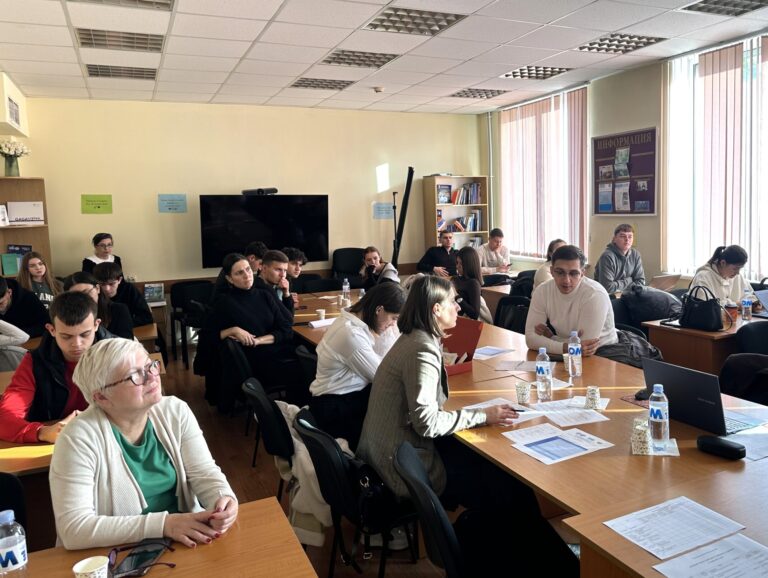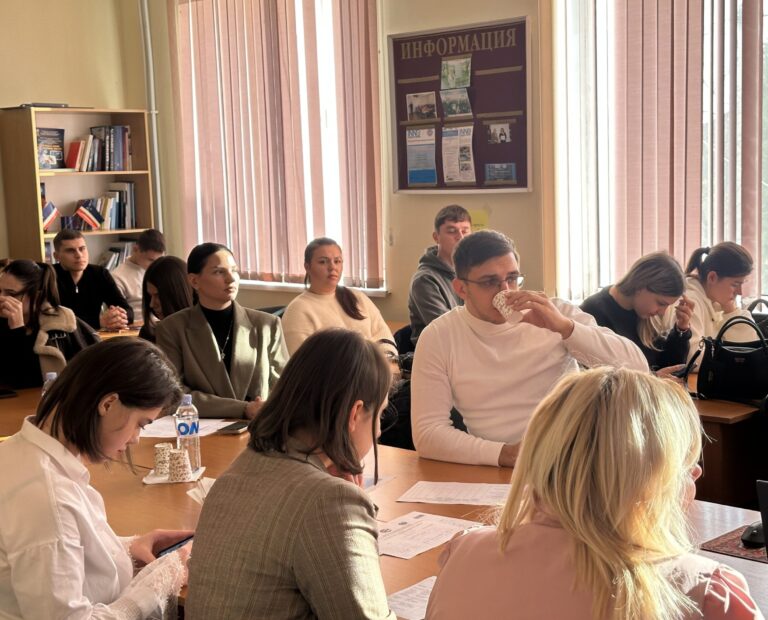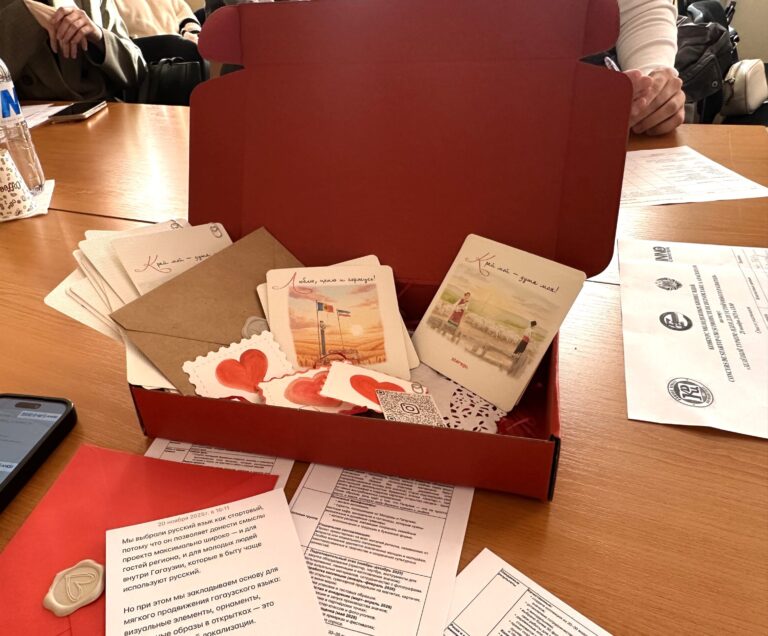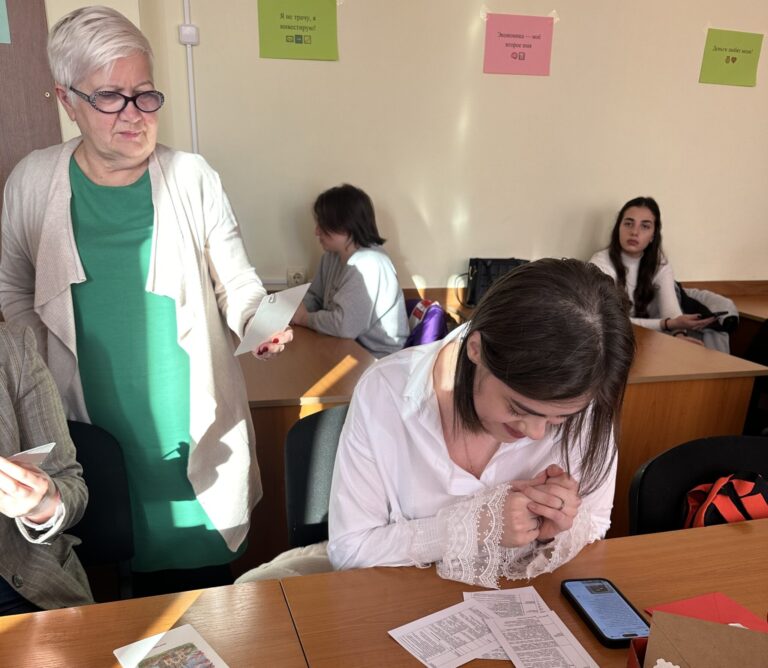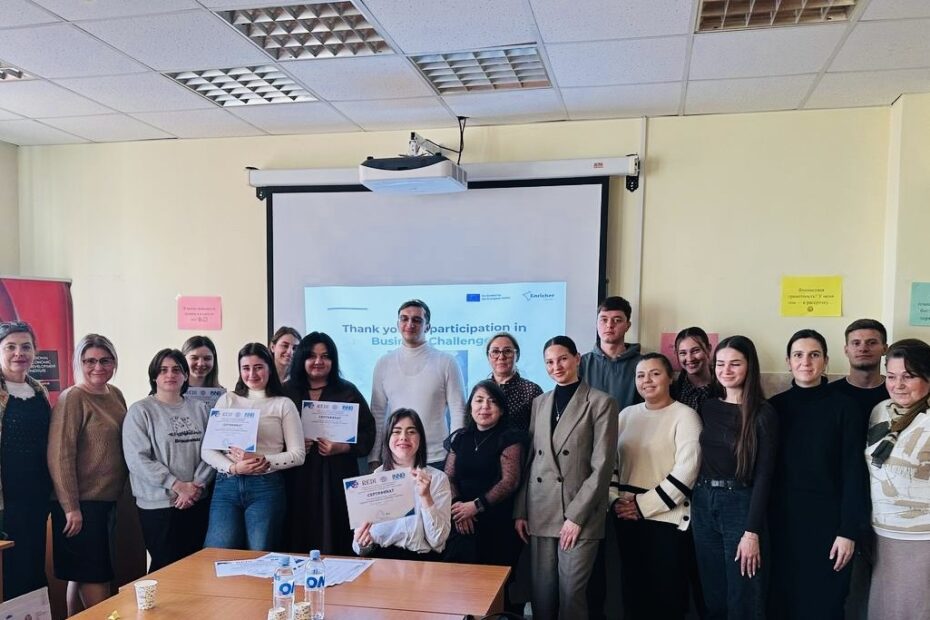Faculty of Economics of the Comrat State University, KDU (Republic of Moldova), successfully organized the Tourism Business Challenge, an applied learning activity carried out in the framework of the Erasmus+ project Designing Green Tourism Concept through Learning. The project aims to reduce the skills gap between higher education institutions and the labor market by promoting sustainable tourism principles in Georgia and Moldova. Through practical, real-life activities such as field research, interviews, service design and prototype development, the project enables students to create innovative solutions directly supporting local tourism businesses.
Throughout several weeks, students worked in teams, following four key stages of the challenge:
-
- Interviews and Information Gathering
- Field Research and On-Site Visits
- Development and Improvement of Tourism Solutions
- Final Presentation and Discussio
These stages helped students understand real business needs, analyze local tourism potential and develop solutions aligned with sustainable tourism principles. During the challenge, four tourism development concepts from Gagauzia were explored and presented:
-
- Creation of the Honey Museum in Chişmikioi (Agro-Pension “Harman”)
A concept for a thematic honey museum, a tasting area, workshops and promotional strategies for local honey and apiculture traditions.
-
- Glamping and Tourism Zone Near the Lake in Baurci village
An eco-glamping concept, infrastructure for active recreation, canoeing activities, nature trails and local branding elements.
-
- Development of the Museum in Ferapontievka village – Children’s and Educational Tourism
Creation of interactive exhibitions, children’s programs, thematic routes and school-focused educational materials.
-
- Tourism Zone in mun. Comrat – Family and Children’s Leisure
A concept for a Children’s Discovery Center, featuring educational areas, interactive attractions and a family-oriented urban tourist route.
The final presentation gathered representatives from the business sector, academic community, local public authorities and project partners. Participants were able to join both on-site and online, ensuring accessibility and wider participation.
The initiative highlighted the strong potential for collaboration between the university, tourism businesses and rural communities, contributing to the development of a sustainable and innovative tourism model in the region. KDU continues to strengthen its role as a regional hub for applied learning, innovation and sustainable tourism development.
